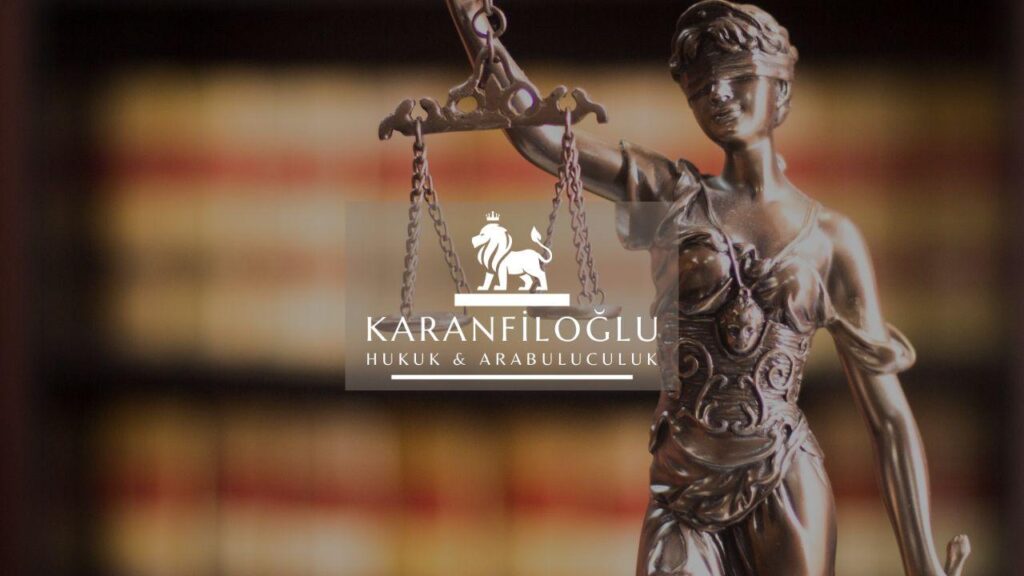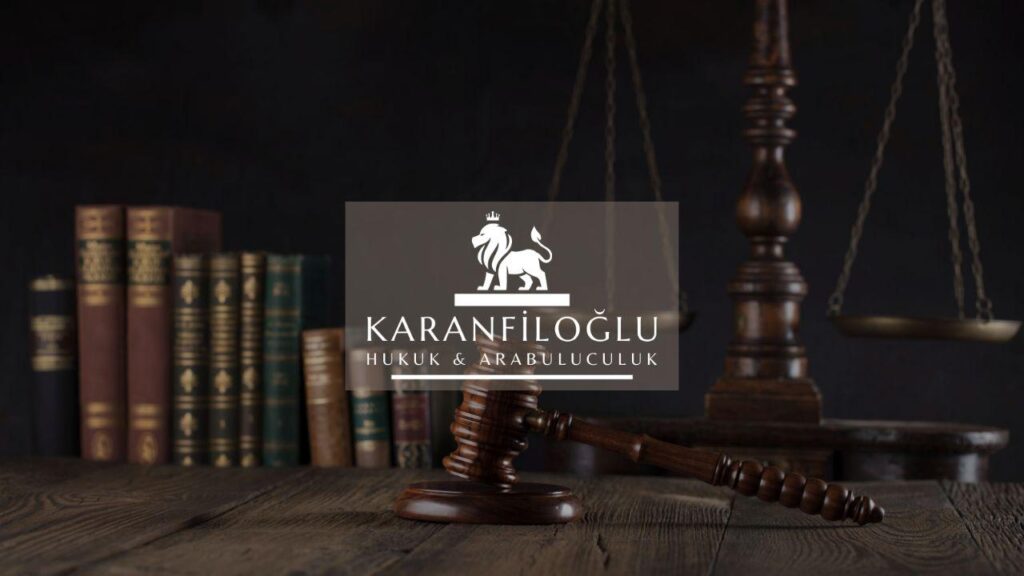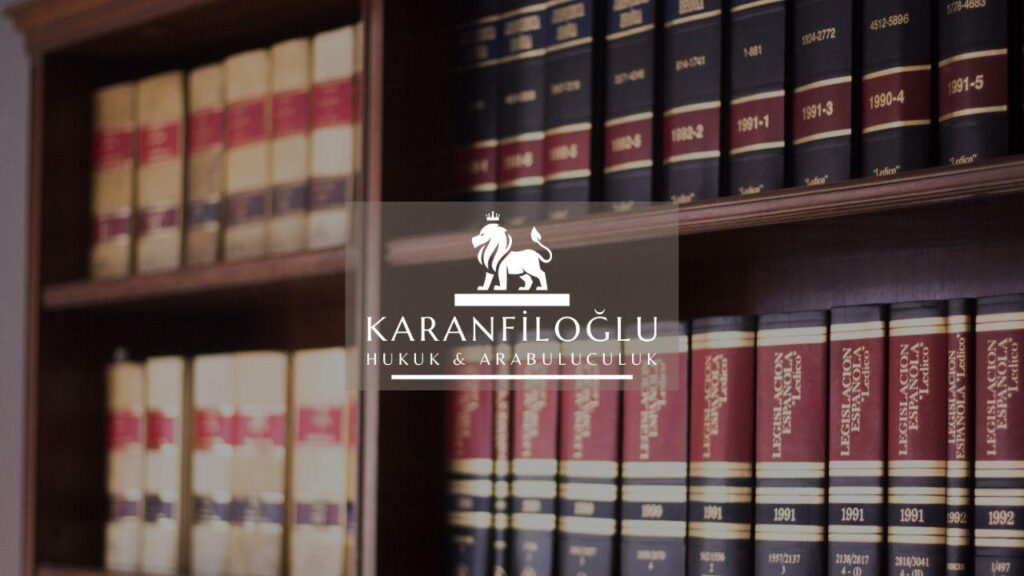Navigating the complexities of lease agreements is a vital aspect of property rental, necessitating a thorough understanding to avoid potential disputes and legal complications. At Karanfiloglu Law Office, we recognize the importance of a meticulously prepared lease declaration, serving as a foundational document that outlines the terms, rights, and obligations of both landlords and tenants under Turkish law. A well-crafted lease declaration not only ensures compliance with legal standards but also protects the interests of all parties involved. In this blog post, we will guide you through the essential steps and considerations for preparing a lease declaration, providing expert insights to help you create a legally sound and enforceable agreement. Whether you are a landlord seeking to safeguard your property investments or a tenant aiming for a transparent understanding of your rental terms, our comprehensive guide will equip you with the knowledge needed for a smooth and legally compliant leasing process.
Key Elements in a Turkish Lease Declaration
A Turkish lease declaration must encompass several key elements to ensure its validity and enforceability. At its core, the document should clearly identify the parties involved, namely the landlord and the tenant, including detailed contact information and, where applicable, tax identification numbers. Additionally, the property description must be precise, outlining the exact address, size, and any relevant features or conditions of the rental space. Another crucial component is the duration of the lease, specifying the start and end dates, alongside provisions for renewal or termination. By embedding these fundamental elements within the lease declaration, you establish a strong legal foundation that can prevent misunderstandings and disputes, fostering a transparent and harmonious rental relationship.
Another pivotal aspect of a Turkish lease declaration is the detailed enumeration of financial terms. This includes the monthly rental amount, the due date for payments, and acceptable payment methods to avoid any ambiguity. Furthermore, the document should stipulate the amount of any deposits, such as security or advance rent payments, and under what conditions they are refundable. It is also essential to specify any additional charges or responsibilities, such as utility bills, maintenance costs, and property taxes, ensuring that there is a clear agreement on how these expenses will be handled. By meticulously detailing these financial obligations, the lease declaration provides a clear financial roadmap and helps prevent potential disputes over monetary issues.
Moreover, it is paramount to outline the rights and obligations of both parties in the Turkish lease declaration. This often includes stipulations about property usage, such as permissible activities within the rental space, restrictions on subletting, and the maintenance responsibilities of both the landlord and tenant. Clauses on dispute resolution mechanisms, such as mediation or arbitration, and the jurisdiction for potential legal proceedings should also be incorporated, ensuring that there are predefined processes in place to handle any conflicts. Additionally, specifying conditions for changes to the lease terms and rules for property inspections can further clarify expectations and fortify the agreement. By addressing these non-financial aspects in detail, the lease declaration serves as a comprehensive guide that promotes a fair and respectful relationship between the landlord and tenant, safeguarding their respective rights and obligations under Turkish law.
Common Pitfalls and How to Avoid Them
One common pitfall in preparing a lease declaration is the lack of clarity in the terms and conditions, which can lead to misunderstandings and disputes between landlords and tenants. Vague language regarding payment schedules, maintenance responsibilities, and termination clauses often result in conflicts that could otherwise be avoided with precise, unambiguous wording. To mitigate these issues, it is crucial to articulate every aspect of the lease agreement in detail, ensuring that both parties comprehend their duties and rights thoroughly. Seeking legal counsel from Karanfiloglu Law Office can further prevent these pitfalls, as our expert lawyers can review and refine the lease declaration to conform with Turkish legal standards and promote a harmonious landlord-tenant relationship.
Another frequent error is the omission of vital legal requirements mandated by Turkish law, which can render a lease agreement unenforceable or subject to legal disputes. Neglecting to include specific clauses, such as those related to deposit regulations, notice periods, and tenant rights to sublease, can leave landlords vulnerable to legal challenges and tenants without adequate protection. To avoid these pitfalls, it is essential to familiarize yourself with the legal obligations and standard clauses that must be included in a lease agreement under Turkish law. Consulting with Karanfiloglu Law Office ensures that your lease declaration is not only complete and detailed but also compliant with all pertinent legal requirements, thus safeguarding the interests of both parties and promoting a secure and transparent leasing experience.
A final and often overlooked issue is the failure to account for future contingencies and changes in circumstances, which can leave both landlords and tenants unprepared for unforeseen events. Situations such as significant property damage, major repairs, or changes in ownership must be anticipated and addressed within the lease declaration. Including provisions for these scenarios can prevent confusion and conflict later on. Moreover, specifying procedures for amendments to the lease ensures that any necessary changes are documented and agreed upon by both parties. By taking these steps, and with the expert guidance of Karanfiloglu Law Office, you can construct a robust lease declaration that remains fair and flexible, providing a solid foundation for long-term rental arrangements.
Legal Requirements and Best Practices
Complying with legal requirements is crucial in the preparation of a lease declaration in Turkey, as it ensures that the agreement is enforceable and protects the rights of both parties. According to Turkish Code of Obligations, a lease agreement should clearly outline key elements such as the identity of the parties, the description of the property, the duration of the lease, and the payment terms. Additionally, it is essential to adhere to best practices such as including detailed clauses on maintenance responsibilities, termination procedures, and dispute resolution mechanisms. By addressing these aspects comprehensively, landlords and tenants can mitigate potential conflicts and foster a mutually beneficial leasing relationship. At Karanfiloglu Law Office, we emphasize the significance of thorough and precise documentation, guiding our clients through each legal stipulation to ensure that their lease declarations are both compliant and robust.
Another vital aspect to consider is the inclusion of specific clauses that address potential changes or contingencies during the lease period. For instance, clauses related to rent adjustment in response to inflation or significant changes in market conditions can provide clarity and predictability for both parties. Furthermore, stipulating procedures for handling property damages and repair obligations ensures that both landlords and tenants have a clear understanding of their responsibilities, reducing the likelihood of disputes. It is also prudent to incorporate detailed provisions on subleasing and assignment of the lease, explicitly outlining the circumstances under which these actions may be permitted. At Karanfiloglu Law Office, we assist our clients in drafting comprehensive and nuanced lease declarations that not only comply with legal standards but also anticipate and address potential future developments, ensuring long-term stability and satisfaction in leasing arrangements.
Lastly, it is imperative to ensure that the lease declaration is duly signed and executed by all parties involved, accompanied by witness signatures if necessary, to affirm the agreement’s validity. Additionally, landlords and tenants should be aware of the importance of notarizing the lease declaration, particularly for longer-term leases exceeding one year, to fulfill specific legal requirements under Turkish law and to facilitate its enforceability. Regular reviews and updates to the lease declaration, in consultation with legal professionals such as those at Karanfiloglu Law Office, can address evolving circumstances and legislative changes, preserving the contract’s relevance and efficacy. By remaining proactive and vigilant in these practices, both landlords and tenants can maintain a clear and legally sound leasing agreement that stands up to scrutiny and adapts to changing conditions, thereby ensuring a stable and harmonious rental relationship.
Disclaimer: This article is for general informational purposes only and you are strongly advised to consult a legal professional to evaluate your personal situation. No liability is accepted that may arise from the use of the information in this article.







